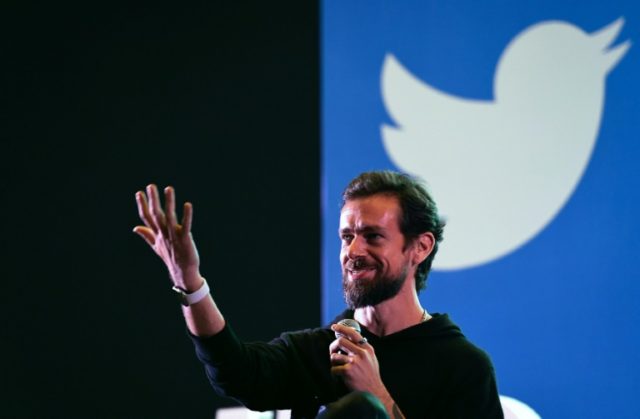According to a recent report from the Electronic Frontier Foundation (EFF), social media website Twitter has removed a privacy option that the EFF believes proves why stronger privacy laws are essential.
In a report posted by the EFF titled, “Twitter Removes Privacy Option, and Shows Why We Need Strong Privacy Laws,” the nonprofit group analyzes recent changes to Twitter’s privacy rules relating to the sharing of users’ personal data.
Twitter served a notification to its users this week which states: “The control you have over what information Twitter shares with its business partners has changed,” with the site assuring uses that the changes will “help Twitter continue operating as a free service.” A screenshot of the notification can be seen below:

The EFF examined the changes by Twitter which has changed what happens when users opt out of the “allow additional information sharing with business partners” setting in the “Personalization and Data” section of the website.
The EFF notes that the changes affects two types of data sharing that Twitter engages in, writing:
- Conversion tracking for ads on Twitter. When an advertiser runs an ad for a mobile app on Twitter, Twitter collects information about who views, interacts with, and clicks on the ad. If a user who saw the ad proceeds to download and open the app, Twitter will notify the advertiser that the user’s device completed a conversion.
- Twitter’s use of third-party analytics libraries. Like most of the web, Twitter shares device identifiers and cookies with Facebook and Google so that it can measure the effectiveness of its own ad campaigns on those platforms.
The EFF notes that previously anyone in the world could opt out of Twitter’s conversation tracking and people in GDPR-compliant regions such as Europe had to actively choose to opt in. Now people outside of Europe have lost that option complete and users in the in U.S. and most of rest of the world can only opt out of Twitter sharing data with Google and Facebook.
The EFF discussed why this should be an incentive to increase online security laws writing:
Today, users in Europe maintain the same agency and control over their personal data that they’ve always had. They get to decide whether advertisers can use Twitter’s ad tools to tie actions on Twitter to device identifiers. Everyone else has lost that right.
The reason is simple: European users are protected by GDPR. Users in the United States and everywhere else, who don’t have the protection of a comprehensive privacy law, are only protected by companies’ self-interest. All too often, Twitter, Google, and Facebook will give users only as much control as they think they need to in order to stave off regulation and competitors, but no more. When push comes to shove, they’ll protect their bottom line.
This is why it shouldn’t be up to tech companies to give us privacy. We need strong data privacy laws that protect users’ rights to privacy, access, and control. And we need to change a system that tempts companies to sell out their users for a few points of growth.
Read the full report at the EFF here.
Lucas Nolan is a reporter for Breitbart News covering issues of free speech and online censorship. Follow him on Twitter @LucasNolan or contact via secure email at the address lucasnolan@protonmail.com

COMMENTS
Please let us know if you're having issues with commenting.